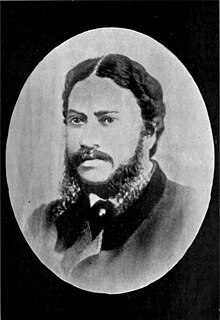Michael Madhusudan Dutt, commonly known as Madhusudan Dutt, or simply Madhusudan, was a leading light in the field of Bengali literature and one of the century’s most influential poets. His works transcended cultures and incorporated expressions of Western literature while preserving traditional Bengali themes. His life was a continual wave of pursuit of appearance, creativity, and literary accomplishment, and he passed a memorable episode in Bengali literature’s history.
Early Life and Education
Madhusudan was born into a conservative Hindu family. His father, Rajnarayan Dutt, did a job in the revenue department, and his mother, Jahnabi Devi, was a homemaker. He started attending a traditional village school nearby until his exceptional intellectual abilities were revealed which led to his acceptance to Hindu College in Calcutta. It was in Calcutta that he first encountered European literature and thoughts, and it significantly shaped his later works.
Literary Career
Madhusudan experimentally commenced his literary profession as an English poet. Many English sonnets were composed by the poet, drawing motivation from the Romantic poets Lord Byron and Percy Bysshe Shelley. However, it was in Bengali literature that he strived to make the most notable contributions. Madhusudan’s most renowned poetic work is “ Meghnad Badh Kavya ” or The Slaying of Meghnad. It is an epic poem published in 1861 and discusses the Ramayana in Meghnad’s opinion, Ravan’s son. In developing the blank verse and experimental narrative mode, he revolutionized Bengali poetry.
Innovation and Influence
Madhusudan blended Western themes with Indian mythology. He introduced Western forms like blank verse and sonnets into Bengali poetry. He established numerous colloquial phrases and tropes by which persons still identify in their everyday life. He entertained a sizable audience, which vastly appreciates his work. His influence on Bengali history is similarly remarkable.
Personal Struggles
Although his work reflected his unique style and voice, Madhusudan faced numerous personal struggles. His conversion to Christianity in 1843, for instance, challenged his family and society. Financial problems are another major struggle for Madhusudan – he has faced money problems for almost his entire life, and rarely makes both ends meet. Attempting to find recognition and acceptance, Madhusudan often seeks patronage from the affluent but to no avail.
Later Life and Legacy
The final years of Madhusudan can be described as dramatic and isolated since his health deteriorated considerably, and he developed financial problems exacerbated by alcoholism. At the age of 49, he died in Kolkata on June 29, 1873. Yet he left behind an influential tradition among the Bengali writers from generation to generation that wanted to come out of convention, never done before and ever again.
Conclusion
Madhusudan’s life and works reflect innovation, creativity, and tenacity. More precisely, by breaking away from entrenched social and cultural labels, he laid an indelible mark upon Bengali literature. By mingling Western literary forms with native themes, this poet single-handedly remolded the Bengali poetic style for all generations to come. While his life was fraught with struggles and personal problems, his works continue to captivate readers around the world and make him one of the greatest poets in Bengali literary history.

